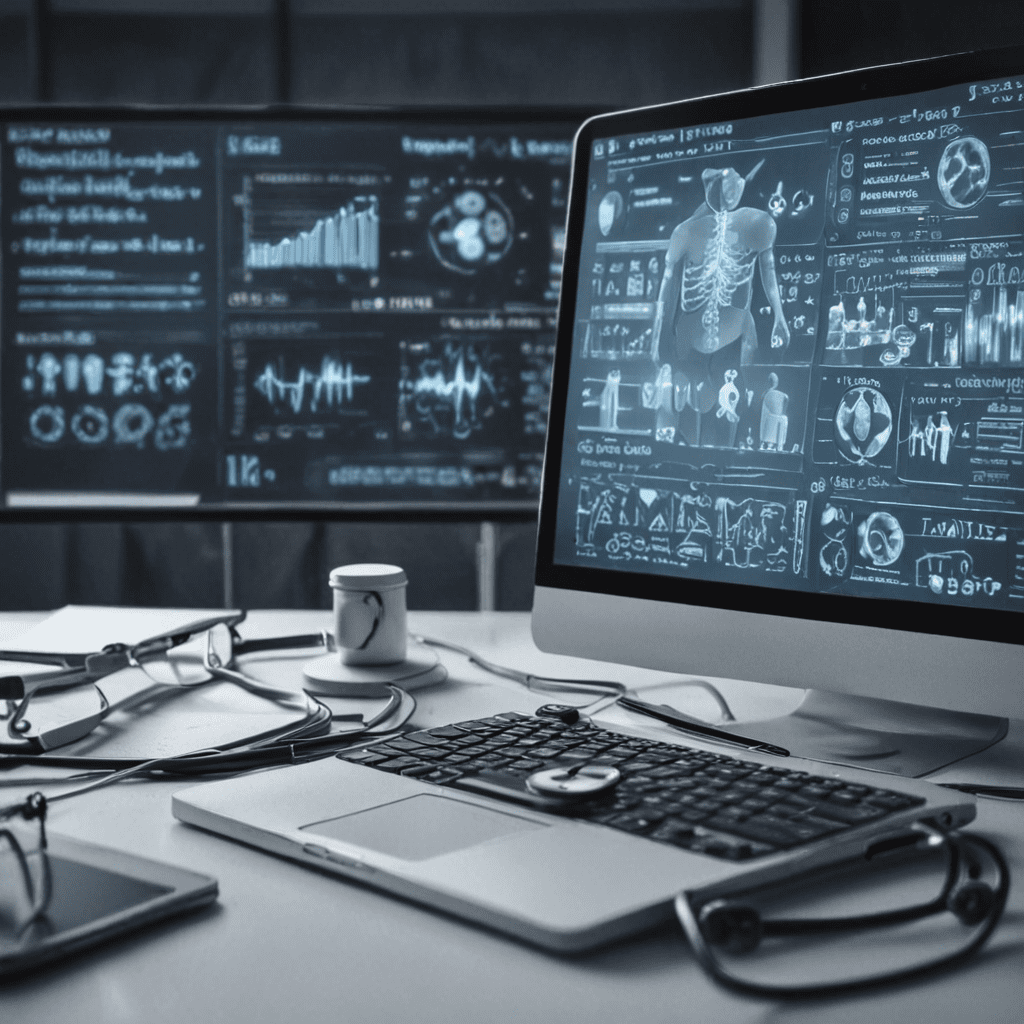
Data Privacy and Security in Healthcare
The healthcare sector handles vast amounts of sensitive personal information, making data privacy a critical concern. Protecting patient data from unauthorized access, misuse, or breaches is essential to maintain trust and ensure the integrity of healthcare services.
The Importance of Data Privacy in Healthcare
Data privacy in healthcare safeguards patient information that can include highly personal health records, financial data, and genetic information. Breaches of this data can lead to identity theft, medical fraud, discrimination, and other harmful consequences for patients. Moreover, data privacy breaches can damage the reputation of healthcare providers, erode trust, and hinder the delivery of essential medical services.
Types of Healthcare Data and Their Privacy Concerns
Healthcare data includes a wide range of information collected during medical consultations, diagnostic procedures, treatment plans, and insurance claims. Each type of data poses unique privacy risks:
Electronic Health Records (EHRs): EHRs contain comprehensive patient health histories, including diagnoses, medications, test results, and treatment plans. Unauthorized access to EHRs can compromise patient confidentiality and allow for misuse or identity theft.
Financial Information: Healthcare providers collect financial data, including insurance details, co-payments, and billing records. Breaches of financial data can facilitate medical fraud and identity theft, leading to financial losses and legal consequences for patients.
Genetic Information: Genetic data can reveal sensitive information about an individual's health risks and family history. Unauthorized access or disclosure of genetic data can lead to discrimination in employment, insurance, or social settings.
6. Implementing Data Privacy and Security Measures
Implementing robust data privacy and security measures is crucial to safeguard healthcare data. These measures include:
- Access Control: Restricting access to data to authorized personnel with legitimate reasons to view it.
- Encryption: Encrypting data at rest and in transit to protect it from unauthorized access.
- Audit Trails: Monitoring and logging access to healthcare data to detect and investigate unauthorized activities.
- Data Retention Policies: Establishing guidelines for the retention and disposal of healthcare data to prevent unnecessary exposure.
- Security Training: Educating healthcare professionals on data privacy best practices and the consequences of breaches.
7. Role of Technology in Data Protection
Technology plays a vital role in data protection. Advanced security tools, such as firewalls, intrusion detection systems, and data encryption software, can help prevent data breaches. Cloud computing offers scalable and secure storage for healthcare data, enabling remote access while maintaining compliance. Blockchain technology can enhance data security by creating immutable records that are resistant to tampering.
8. Patient Rights and Informed Consent
Patients have the right to privacy and control over their healthcare data. Informed consent is crucial to ensure that patients understand the use and potential risks associated with sharing their data. Healthcare providers must obtain patient consent before collecting, using, or disclosing healthcare information.
9. Ethical Considerations in Healthcare Data Privacy
Data privacy in healthcare raises ethical concerns related to:
- Balancing Confidentiality and Research: Protecting patient privacy while allowing access to data for medical research and advancements.
- Data Ownership and Control: Determining who owns and controls healthcare data and how it is used.
- Social and Economic Disparities: Ensuring that data privacy protections do not disproportionately impact vulnerable populations.
10. Future Trends in Healthcare Data Privacy
Healthcare data privacy is constantly evolving. Emerging trends include:
- Artificial Intelligence (AI): AI algorithms can automate data security tasks, detect anomalies, and improve breach prevention.
- Federated Learning: Collaborating with other healthcare institutions to build models on distributed data without compromising patient privacy.
- Precision Medicine: Using healthcare data to develop personalized treatments and tailor medical interventions based on individual genetic profiles.
FAQs on Healthcare Data Privacy:
- What should I do if my healthcare data is breached?
Report the breach to your healthcare provider and relevant authorities. Monitor your credit and financial accounts for unauthorized activity. - Who is responsible for protecting my healthcare data?
Healthcare providers, data processors, and insurance companies share the responsibility for protecting patient data. - Can I opt out of sharing my healthcare data?
Yes, you may have the right to opt out of sharing your data for non-essential purposes. Consult with your healthcare provider for details. - How can I protect my healthcare data from breaches?
Use strong passwords, enable two-factor authentication, and avoid sharing personal information over unsecure channels.


